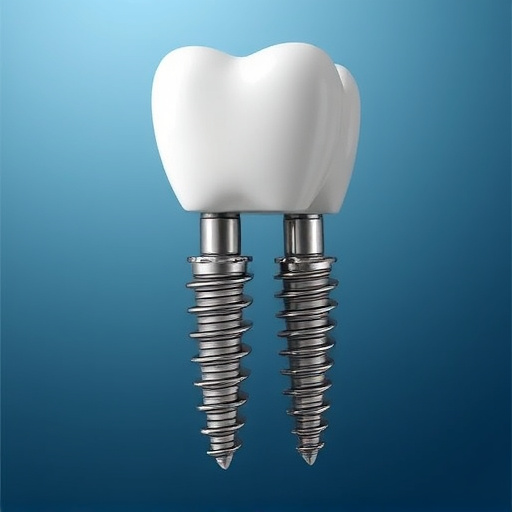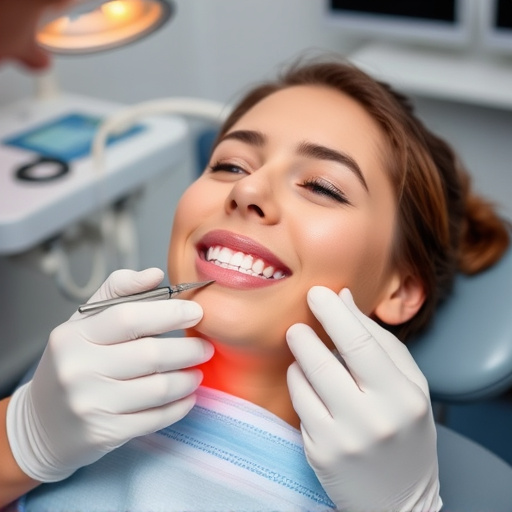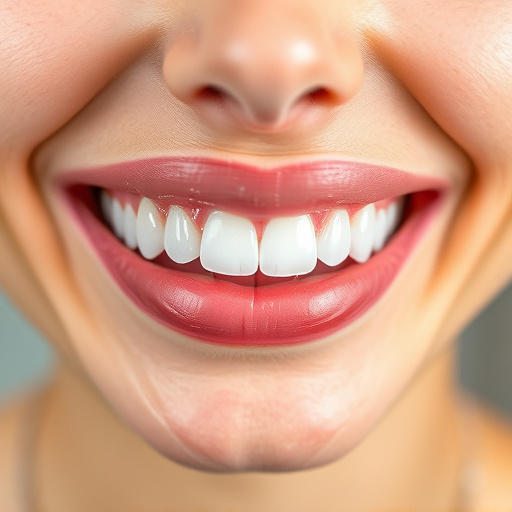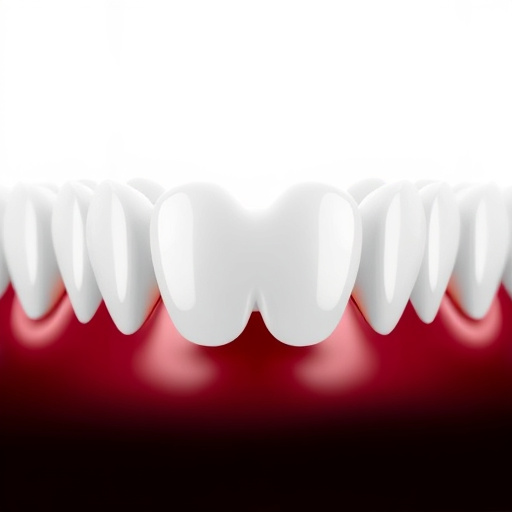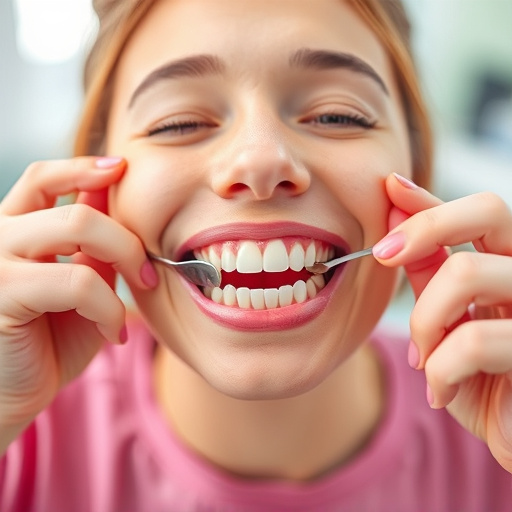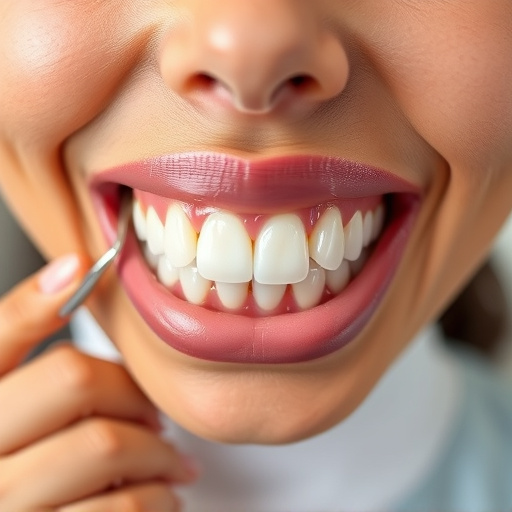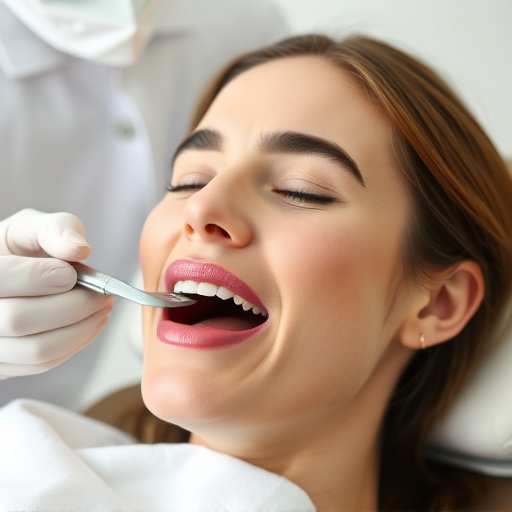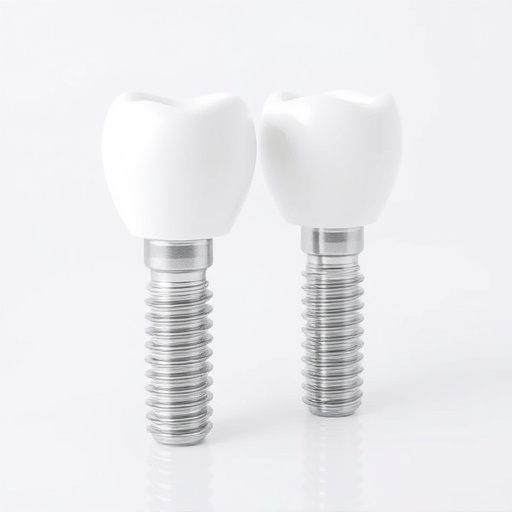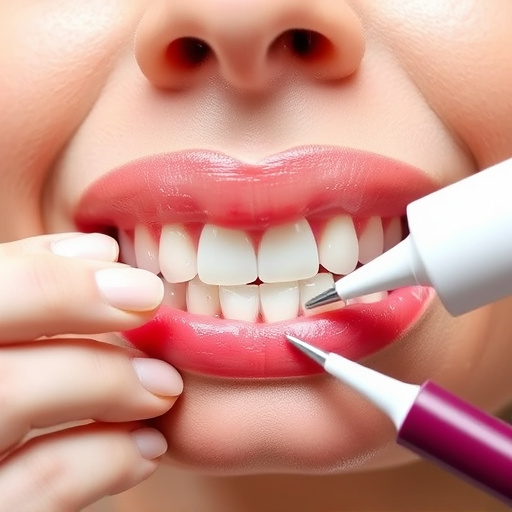Oral hygiene education is a comprehensive strategy for promoting dental well-being, encompassing not just teaching brushing and flossing techniques but also the link between oral care, diet, and overall health. It empowers individuals to make informed decisions about their teeth. By emphasizing routine dental check-ups, it enables early problem detection, preventing minor issues from escalating. Targeting children's dentistry ensures healthy habits start young through proper brushing, regular visits, and a balanced diet, significantly reducing future intensive treatments. Effective brushing and flossing techniques, along with dietary guidance and lifestyle advice, are key components of oral hygiene education that contribute to better dental health outcomes.
Oral hygiene education is a cornerstone in promoting stronger teeth and overall dental health. This article explores fundamental aspects of oral care, focusing on techniques that build a robust foundation for oral health. We delve into effective brushing and flossing methods, emphasizing their significance in plaque removal and gum health. Additionally, we examine the role of diet and lifestyle choices in dental strength, providing insights to empower individuals with knowledge for long-lasting oral wellness.
- Understanding the Foundation of Oral Health
- Teaching Effective Brushing and Flossing Techniques
- The Role of Diet and Lifestyle in Dental Strength
Understanding the Foundation of Oral Health

Oral hygiene education plays a foundational role in promoting stronger teeth and overall oral health. It’s more than just teaching individuals how to brush and floss effectively; it involves imparting knowledge about the intricate relationship between dental care, diet, and systemic health. Understanding the basic principles of oral hygiene can empower people to make informed decisions about their dental well-being. By emphasizing the importance of routine oral exams, early intervention becomes possible, helping to prevent minor issues from escalating into more serious problems that may require emergency dental care.
Additionally, focusing on children’s dentistry within oral hygiene education is crucial for establishing healthy habits from a young age. Proper brushing techniques, regular dental visits, and a balanced diet rich in calcium and vitamins are cornerstones of strong teeth. Educating both parents and children about these practices ensures that good oral health becomes an integral part of their daily routines, setting them up for a lifetime of healthier smiles and reducing the need for intensive treatments or emergency interventions.
Teaching Effective Brushing and Flossing Techniques

Effective brushing and flossing techniques are fundamental aspects of oral hygiene education. Teaching patients, especially children, the right methods can significantly reduce dental issues in the long term. Professionals should emphasize the importance of a gentle yet thorough approach to brushing, ensuring that each tooth surface is cleaned for at least two minutes twice a day. This includes demonstrating proper brush angle, using gentle circular motions, and reaching all areas, including hard-to-reach places like the tongue.
Flossing, often overlooked but crucial, should be taught as an essential part of daily routine alongside brushing. Explain the technique clearly, highlighting the need to curve the floss around each tooth in a C-shape, gently moving it up and down along the enamel while avoiding the gumline. Emphasize the benefits of regular flossing for maintaining overall oral health, preventing plaque buildup, and supporting preventive dentistry practices, even those undergoing restorative treatments like clear aligners.
The Role of Diet and Lifestyle in Dental Strength

The connection between oral hygiene education and dental strength begins with understanding that our diet and lifestyle play a significant role in maintaining healthy teeth and gums. Educating patients, especially children through children’s dentistry practices, about proper nutrition is key to preventing tooth decay and promoting strong enamel development. A balanced diet rich in calcium, vitamin D, and phosphorous helps strengthen teeth, while limiting sugary foods and drinks reduces the risk of cavities and promotes overall oral health.
Furthermore, lifestyle choices such as quitting smoking and reducing alcohol consumption contribute to better dental health outcomes. Cosmetic dentistry professionals often stress the importance of these factors during oral hygiene education, as they can help prevent not only tooth decay but also gum disease, which could lead to more serious procedures like cosmetic fillings or even cosmetic dentistry treatments.
Oral hygiene education is a powerful tool for promoting stronger teeth and overall dental health. By understanding the fundamentals, teaching proper brushing and flossing techniques, and emphasizing the impact of diet and lifestyle choices, we can empower individuals to take control of their oral care. Implementing these practices consistently will lead to improved gum health, reduced risk of tooth decay, and a brighter, healthier smile. Oral hygiene education is a key component in fostering a community with robust dental habits, ensuring a lifetime of strong and healthy teeth.
